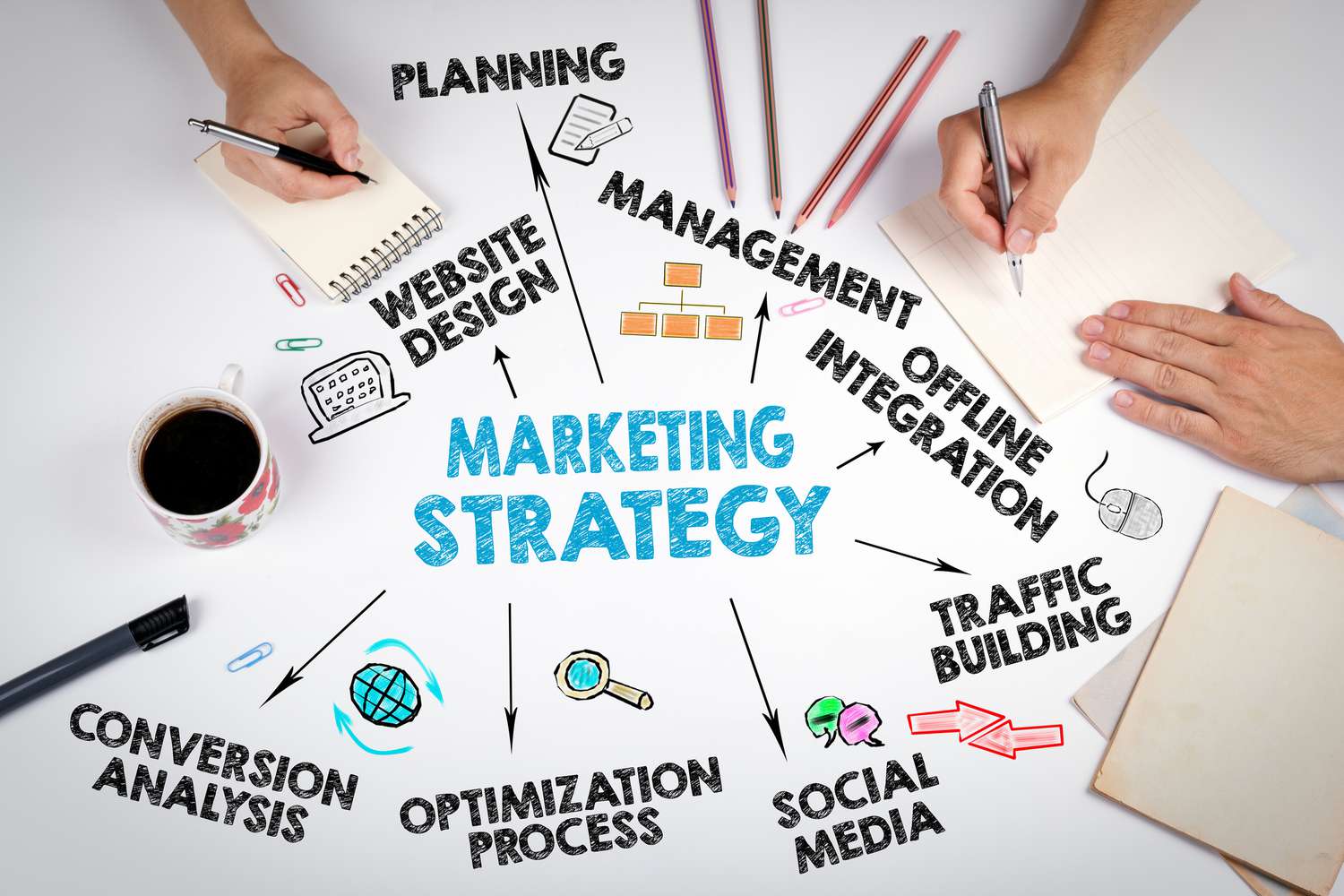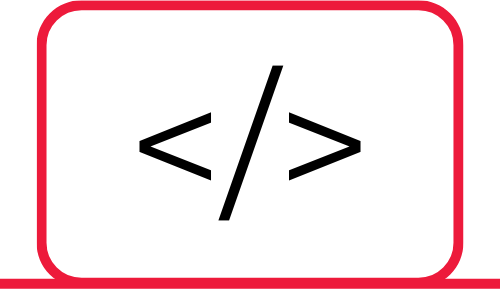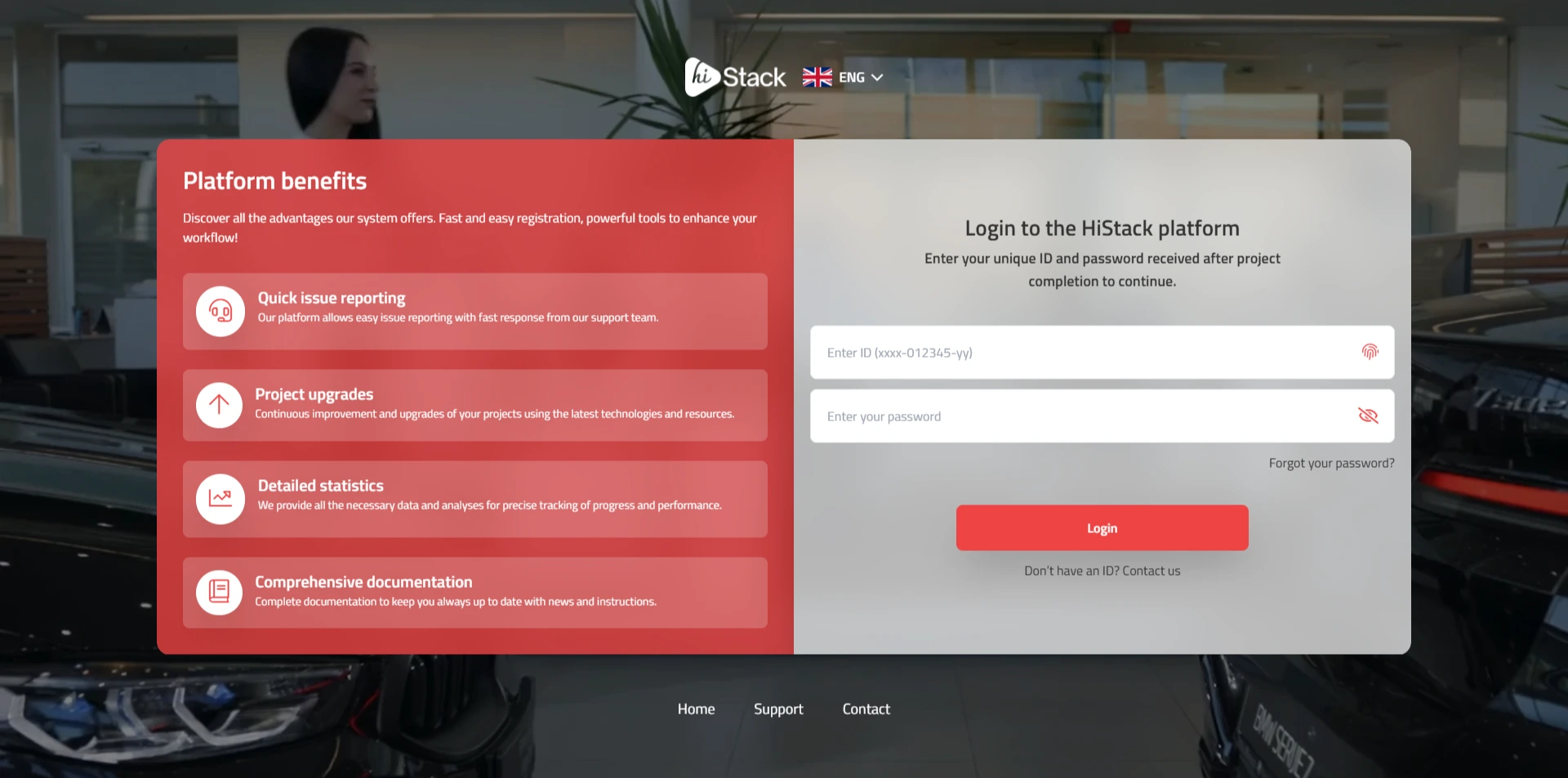
Introduction
Welcome to the HiStack marketing guide! If you plan to start a project with us, this guide will help you define your marketing strategy and lay the foundation for success. Whether you’re developing a new brand, website, app, or e-commerce platform, the right marketing can make the difference between average and outstanding results.
1. Defining Goals
Before creating a strategy, it’s important to clearly define your goals. Ask yourself the following questions:
- 1. What do you want to achieve? (e.g., increase sales, generate leads, build brand awareness)
- 2. What are your KPIs (key performance indicators)?
- 3. What is the timeframe for achieving these goals?
Setting SMART goals (Specific, Measurable, Achievable, Relevant, Time-bound) is crucial for success.
2. Understanding Your Target Audience
Who are your potential customers? The key to successful marketing lies in understanding your target group. Create a buyer persona:
- 1. Demographic data (age, gender, location, income, education)
- 2. Psychographic data (interests, values, behavior, shopping habits)
- 3. Problems and needs (how can your product/service help them?)
Once you define your audience, it’s easier to tailor your marketing messages.
3. Competitor Analysis
It’s important to know who your competitors are and what they’re doing so you can stand out. Analyze:
- 1. Their products/services
- 2. Marketing channels they use (SEO, PPC, social media, email campaigns)
- 3. Their strengths and weaknesses
Tools like SEMrush, Ahrefs, and Google Analytics can be useful for competitor research.
4. Choosing Marketing Channels
Based on the analysis of your target audience and competitors, you need to select the appropriate communication channels:
- 1. SEO (Search Engine Optimization) – a long-term strategy that increases organic traffic.
- 2. PPC (Paid Advertising) – Google Ads, Facebook Ads, LinkedIn Ads.
- 3. Social Media – Instagram, LinkedIn, Twitter, TikTok (depending on the audience).
- 4. Email Marketing – Building a subscriber list and sending personalized offers.
- 5. Content Marketing – Creating blogs, guides, videos, and infographics.
5. Content Strategy Development
Content is a key marketing element. Define:
- 1. Types of content (blog posts, video tutorials, e-books, podcasts)
- 2. Tone and communication style (formal, informal, professional, friendly)
- 3. Posting frequency (daily, weekly, monthly)
Quality content helps build trust and establish authority in the industry.

6. Implementation and Budgeting
Define the budget for each marketing area:
- 1. How much will you allocate for paid ads?
- 2. Will you hire external collaborators or handle everything in-house?
- 3. Which channels are priority for investment?
Proper resource allocation ensures strategy efficiency.
7. Monitoring and Optimization
Marketing is not a static process. Regularly analyze results and adjust your strategy. Use tools such as:
- 1. Google Analytics – to track traffic and user behavior.
- 2. Facebook Pixel – to monitor ad performance.
- 3. CRM software – to track client interactions.
Test, measure, adjust, and repeat until you find the optimal strategy.
8. Marketing Automation
Automation can significantly improve the efficiency of your campaigns and save time. Using tools like HubSpot, Mailchimp, or Zapier, you can automate email sending, user segmentation, and conversion tracking.
Automated campaigns enable personalized communication with potential customers at the right moment, increasing engagement and conversions.
9. Building Long-Term Customer Relationships
Successful marketing doesn’t end with the first purchase – it’s important to maintain long-term relationships with customers. Create loyalty programs, send helpful email tips, and track feedback to continuously improve the customer experience.
Trust and customer satisfaction lead to referrals and repeat purchases, which are key to sustainable business growth.
Conclusion
An effective marketing strategy requires clear goals, deep understanding of the audience and competitors, and the right choice of channels. If you need help creating and implementing your strategy, the HiStack team is here to assist you!
Contact us today and let's start your marketing journey!








